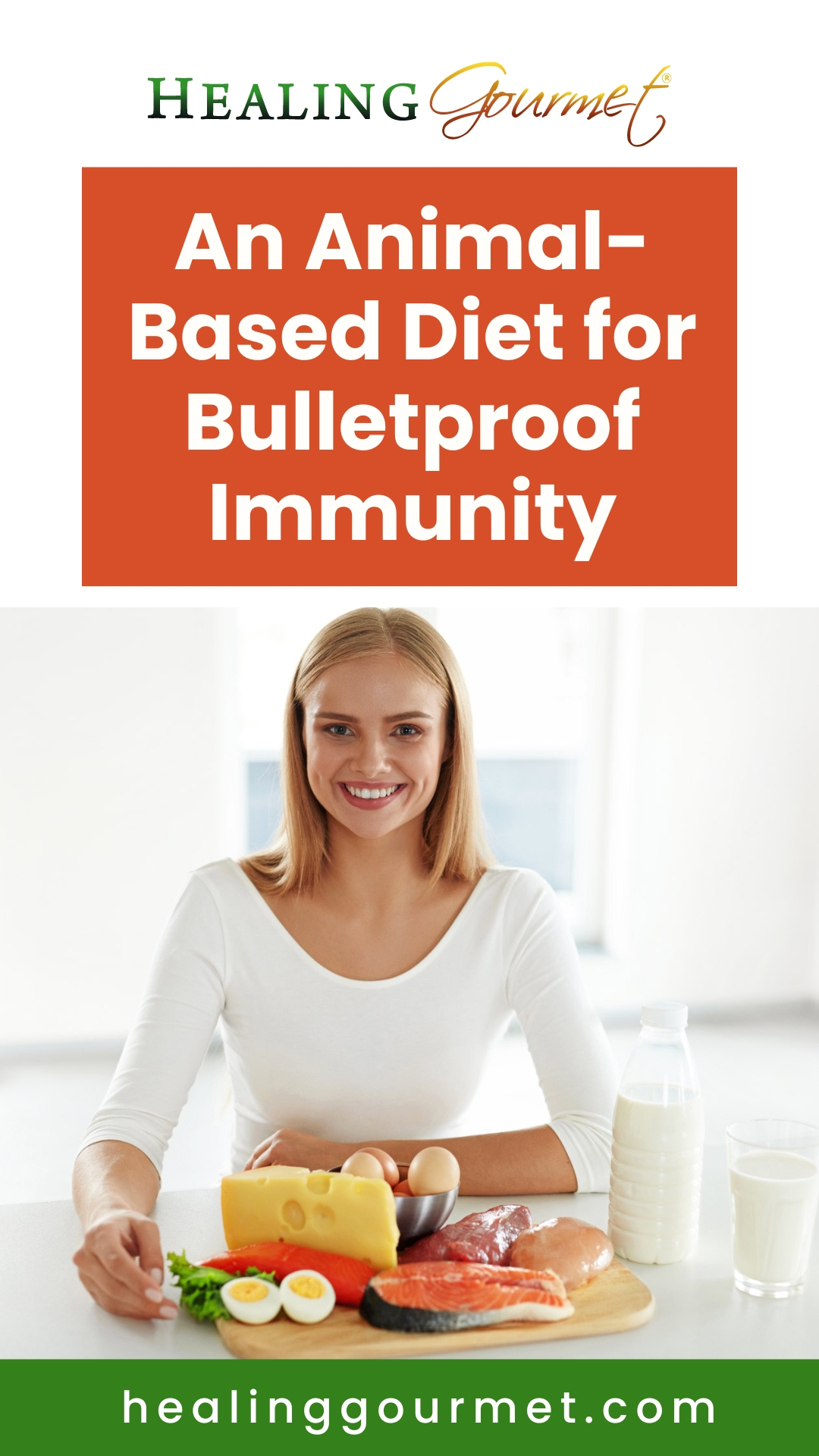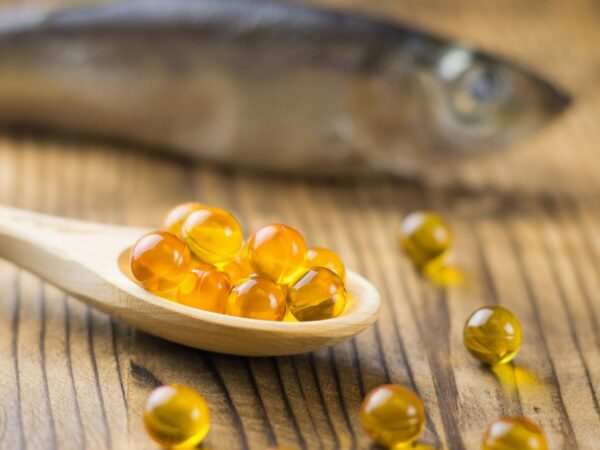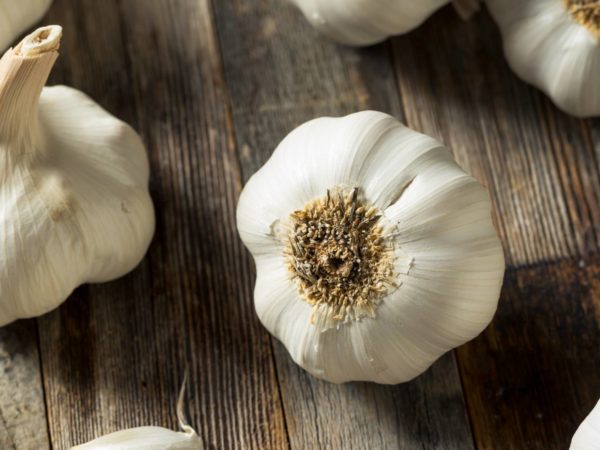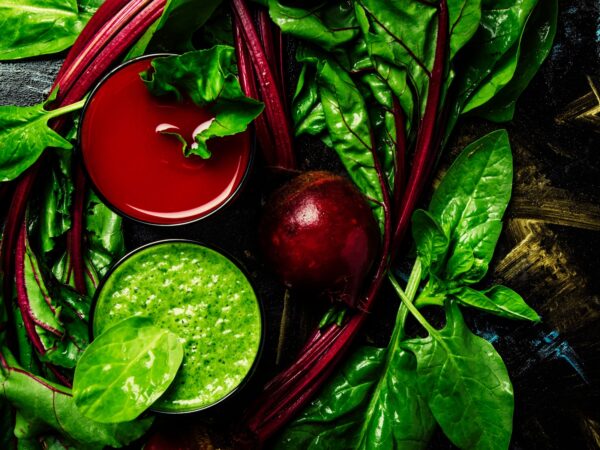Bulletproof Your Immune System with an Animal Based Diet
I recently received news from two friends, who became sick and tested positive for COVID, after spending a weekend together in the same house.
One friend wrote me a text that said, “I feel miserable. My whole body is sore. I can hardly get out of bed. I have never felt this sick.” Thankfully, she recovered after a week of severe (although not life threatening) flu-like symptoms and another week of rest.
My other friend sent an email, describing his symptoms: “I felt some lung irritation and low energy the first day. Mild headache and low-grade fever the next day. On the third day, I woke up rested and feeling about 95%. Back to normal soon after.”
Several other people were also in the house that weekend, who did not become sick at all.
Assuming they were all exposed to the same pathogen, is there something that could explain the severity of symptoms for one person… while another experienced a very mild case… and others didn’t become sick at all?
It turns out there is a very plausible explanation, backed by more than a century of hard science. We’ll get to that in a moment. But first, allow me to compare and contrast the two people who became ill:
- My friend who was mildly ill and recovered quickly is young and in great physical condition. He gets sun every day on the beach in Southern California and eats a diet consisting almost entirely of meat.
- My friend who became very ill is also young and in great physical condition. However, she lives in a cold, snowy climate, where her vitamin D status is compromised. And she consumes a vegetarian (bordering on vegan) diet.
Is it possible that these differences in their “diet and lifestyle” could explain why they were affected so differently by what would appear to be the same illness? And might it also explain why others were not affected at all – despite the same “exposure” to the virus?
Today, we delve into how the immune system works… why your individual “terrain” matters so much… and the potential effects of a plant-based vs. animal-based diet on your immune system.
First, let’s take a quick look at how we get sick…
Your Immune System: Terrain Theory vs. Germ Theory
Whether you get sick (or not) has much less to do with the “bugs” you are exposed to… and far more to do with your internal “immune arsenal”. And what is within you is directly influenced by your diet and lifestyle (ie. sleep, stress, sunlight, exercise).
This is a very important distinction. And it highlights two diametrically-opposing theories of how microbial disease occurs…
The “Germ Theory” of disease was popularized by Louis Pasteur (1822-1895). It states that there are external germs, which invade the body and cause disease. Under this theory, regaining health depends on killing whatever germ made you sick and preventing microbes from entering your body in the first place.
Unfortunately, this theory is still largely used in “modern medicine”. And it is to credit for the global catastrophe of antibiotic resistance we now face. Not to mention, more recent mask mandates.
Germ theory was partly shaped around Pasteur’s fatally-flawed idea that the inside of the human body is sterile and devoid of germs. Of course, we now know this premise is incorrect. In fact, our bodies actually contain far more bacterial cells than human ones!
Pasteur failed to account for the microbiome – the vast collection of microbes that live in, on and around us – and its role in protecting health and preventing disease. We now know that our microbiome influences everything from our weight and metabolism, to our risk for cancer and neurodegenerative disease… and even our mood and mental health!
Proponents of germ theory believe we must combat and avoid germs at all times to escape infection. To avoid getting ill, we must stay away from other humans, slather ourselves and the items we touch with “sanitizer” and wear a mask to extinguish microbial threats in the environment.
The opposing “Terrain Theory” of disease – conceptualized by Claude Bernard (1813-1878) and built upon by Antoine Bechamp (1816-1908) – postulates that it is not the “germ” that causes disease. Rather, it is the state of our internal health and our own innate ability to maintain homeostasis in the face of “unfriendly” organisms that keeps us well.
We now know that this theory is true thanks to the 86,671 (and counting!) studies published at PubMed on the microbiome and how it profoundly influences every aspect of human health. Terrain theory is bolstered by our growing understanding of the immune system and how it is positively (or negatively) affected by our diet and lifestyle choices.
If we follow the terrain theory, we know that staying healthy means optimizing the health of our microbiome and providing our immune system the nutrients it needs to function optimally. After all, the vast majority of our immune system – over 90%! – lies in our gut. And it is directly influenced by the foods we eat!
When our gut bugs are in a healthy balance, they produce a myriad of immune-boosting substances that prevent microbial infections and ward off chronic illness. Through sound nutrition, and avoiding toxic inputs that harm our microbiome, we create a “hostile terrain” for viruses and other microbes.
It is the health of your own “terrain” that protects you… or puts you at risk for disease.
Building a healthy “terrain” means eating whole, nutrient-dense foods that contain the vitamins, minerals, amino acids and other substances that support immune function… while avoiding those foods and substances that can hamper it.
There is considerable evidence that an animal-based diet is the key to a strong, resilient and robust immune system… as well as evidence that a plants-only diet could leave you deficient in critical nutrients that negatively impact your “terrain” and therefore your immune health…
Plants-Only Diet Shown to Reduce Immune Function
A recent study published in the journal Epidemiology analyzed a group of women, who were either vegetarians or omnivores.
The researchers evaluated the women’s blood, analyzing how efficiently their bodies made two types of “lymphocytes” (white blood cells) that are important to the immune system: T cells and B cells. They also looked at how effectively these immune cells could attack and engulf foreign invaders (a process called phagocytosis).
The researchers found significant differences in the immune function of vegetarians vs. omnivores:
- All vegetarians in the group had lower white blood cell counts, compared to omnivores
- All vegetarians showed lower levels of phagocytosis than omnivores, implying a weaker ability to neutralize pathogenic microbes
- All vegetarians showed decreased “respiratory burst” of phagocytic cells compared to omnivores. This is the rapid increase in reactive oxygen required to kill microbes.
- The older vegetarians in the group exhibited significantly suppressed “proliferative response” of T-lymphocytes. This refers to the ability to rapidly produce T cells in quantities sufficient to squelch a microbial threat.
It is easy to see how a reduced ability to produce white blood cells, coupled with an inability for those cells to extinguish a pathogen, could result in more frequent and more serious illnesses.
But what is it about an omnivorous diet that strengthens the immune system?
The key lies in a symphony of powerful immune-building nutrients that form the foundation of the cells of your immune system that are designed to protect you.
To stay healthy and minimize our risk of getting sick, we don’t have to hide under a rock or stop living our lives. We simply need to support our immune system with a nutrient-dense diet. The good news is that when you rely on the true “superfoods” enjoyed by our ancestors, staying healthy comes naturally.
So, let’s take a look at the nutrients your body needs to build a strong immune system and how they work:
Protein
High-quality protein is the primary “ingredient” you need for a healthy immune system. The amino acids in protein are required to produce and activate your body’s immunity “soldiers”, including T-cells, B cells, natural killer (NK) cells and macrophages. Amino acids are also used to produce antibodies and other microbe-killing substances, like cytokines.
For healthy people, protein intake should be around 0.5 g / lb of body weight daily. For those at risk of viral infection or to boost immunity, 1 to 1.5 g / lb is advised. And please keep in mind that plant sources of protein are “incomplete” and deficient in at least one essential amino acid. Instead choose complete, bioavailable proteins from animal sources like: grass-fed beef, wild seafood, pastured poultry, pork, eggs, and undenatured whey protein.
Omega-3
These essential fatty acids boost the immune system in several ways. They boost B-cell activity, decrease inflammatory substances and increase phagocytosis. Omega-3 fats have also been found to be beneficial in improving sepsis and acute respiratory distress syndrome (ARDS). This is the “cytokine storm” which often causes death in Covid-19 patients. To get the benefits of omega-3, consume EPA and DHA from wild fish and other seafood.
Vitamin A
Called the “anti-infection” vitamin, vitamin A acts as a powerful anti-inflammatory that is vital to healthy immune response. It helps to maintain integrity of the gut lining, protecting the body against infections. It is also required for macrophages to engulf and destroy invaders. It helps to regulate the number and activity of natural killer (NK) cells. Vitamin A is even involved in signaling stem cells to become various immune cells!
Vitamin A is ONLY found in animal foods. Excellent sources include, grass-fed beef liver, eggs, cod liver oil, butter and other dairy products. Foods like sweet potatoes and winter squash contain beta-carotene – which can be converted into vitamin A, but this process is inefficient.
Iron
The mineral, iron, modulates genes and proteins involved in the immune system, influences inflammation and is used directly against pathogens by immune cells. Heme iron is the most bioavailable form. And it is found only in animal foods, particularly red meat. The vegetarian form of iron (known as non-heme iron) is found primarily in legumes, but is very poorly absorbed in comparison.
Vitamin D
Vitamin D is protective against a myriad of diseases – including cancer, autoimmune disease, diabetes and metabolic syndrome. Those who are deficient in Vitamin D have been shown to experience worse outcomes for COVID-19, while optimizing vitamin D levels improves COVID prognosis. Vitamin D levels are typically very low in vegetarians and even lower in vegans. And while you should get the majority of your vitamin D from regular, direct sunlight exposure, animal foods (including organ meats, wild seafood, eggs and dairy) do provide small amounts of this critical immune-boosting nutrient.
Zinc
This well-known, immune-boosting mineral is essential for the development and activation of T cells. A zinc deficiency also weakens the immune system by increasing oxidative stress and reducing two important immune cells – macrophages and monocytes. And increased cellular concentrations of zinc impair the replication of viruses, including coronavirus. Excellent sources of bioavailable zinc include clean-sourced oysters, grass-fed beef and lamb, pastured poultry and pork.
Vitamin B6
This B vitamin, also called pyridoxine, plays a key role in the production of T cells and immune factors called interleukins. What’s more, a deficiency in vitamin B6 causes shrinkage of two key immune organs – the thymus and the spleen. Wild seafood, pastured poultry and pork, grass-fed beef, lamb and bison, as well as organ meats all provide a good source of vitamin B6.
Vitamin B12
This B vitamin, also called cobalamin, plays a host of roles in the immune system. It is required to make white blood cells. It enhances the number of cytotoxic T cells against viral infection. It maintains normal function of macrophages. So, it’s no surprise that vitamin B12 is used as immunotherapy, including as a therapeutic against sepsis. Unfortunately, vitamin B12 deficiency is widespread, especially among those who follow a “plant-based” diet. Studies have shown up to 77 percent of vegetarians and 92 percent of vegans being are vitamin B12 deficient, compared to just 11 percent of omnivores.
Vitamin B12 is abundant in meats and seafood, including grass-fed beef, lamb, bison, pork, clams, mussels, and wild salmon.
Selenium
This vital micronutrient boosts immunity and reduces inflammation. Selenium deficiency has also been shown to worsen viral illnesses, including coronavirus, making even “mild” pathogens highly virulent. Optimize your selenium levels with wild seafood – including wild shrimp, scallops, sardines, crab and salmon – as well as grass-fed beef, pastured pork and poultry.
Vitamin C
One of the best known immune-boosting nutrients, vitamin C plays many roles in the immune system. It supports epithelial barrier function, participates in the growth and development of immune cells, helps white blood cells migrate to infection sites and aids in the production of antibodies. Vitamin C is one critical immune nutrient that is most prevalent in plant foods, including bell peppers, kiwi, brussels sprouts, broccoli, berries, lemons and other citrus fruits, as well as herbs including parsley and thyme.
Many other nutrients and trace elements are also involved with maintaining healthy immunity including vitamin E, thiamin, copper, choline, glutamine and folate. In addition to ensuring adequate supply of immune-boosting nutrients in your diet, it is also important to:
- Strictly avoid vegetable oils. These processed omega-6 fats are highly inflammatory. They are also linked to decreased immune function and nearly every chronic disease. What’s more, diets high in vegetable oils are suspected to play a role in the development of acute respiratory distress syndrome (ARDS). Opt instead for traditional immune-boosting fats including tallow, lard, butter, ghee, duck fat and coconut oil.
- Achieve a healthy weight. Being overweight or obese is clearly associated with lowered immune function. It impairs T cells, B cells, natural killer (NK) cells and the production of antibodies. What’s more, obese individuals who have been vaccinated have twice the rate of influenza or flu-like illness, indicating that obesity impairs the adaptive immune response.
- Improve gut health. An imbalance of bacteria in the gut (known as dysbiosis) sets the stage for infections and chronic disease. Achieving a healthy weight and avoiding refined carbohydrates – namely starches and sugars – are both important steps to reduce the harmful bacteria that can compromise immune health. Probiotic foods, including traditionally lacto-fermented foods, may be beneficial to the microbiome and therefore, immunity.
The Animal-Based Diet Plan for Bulletproof Immunity
Your greatest protection against illness comes from avoiding stress, getting proper sleep, and supporting your immune system with a nutrient-dense diet!
The great news is that the most powerful immune-boosting foods you can consume are the animal-based “superfoods” you know and love! Here are some ideas for “multivitamin meals” – chock full of the above listed immune-boosting nutrients:
- Grass-Fed Ribeye Steak & Broccoli Sauteed in Grass-Fed Butter
- Bone Broth
- Pastured Eggs and Bacon with Organic Strawberries
- Grass-Fed Beef Liver & Onions
- Seared Wild Scallops with Fresh Basil Chiffonade
- Baked Clams with Parsley & Garlic
- Baked Oysters with Spinach & Parmesan
- Bison Burgers with Paleo Mayo & Lacto Fermented Pickles
- Pan-Seared Liverwurst





Leave a Reply